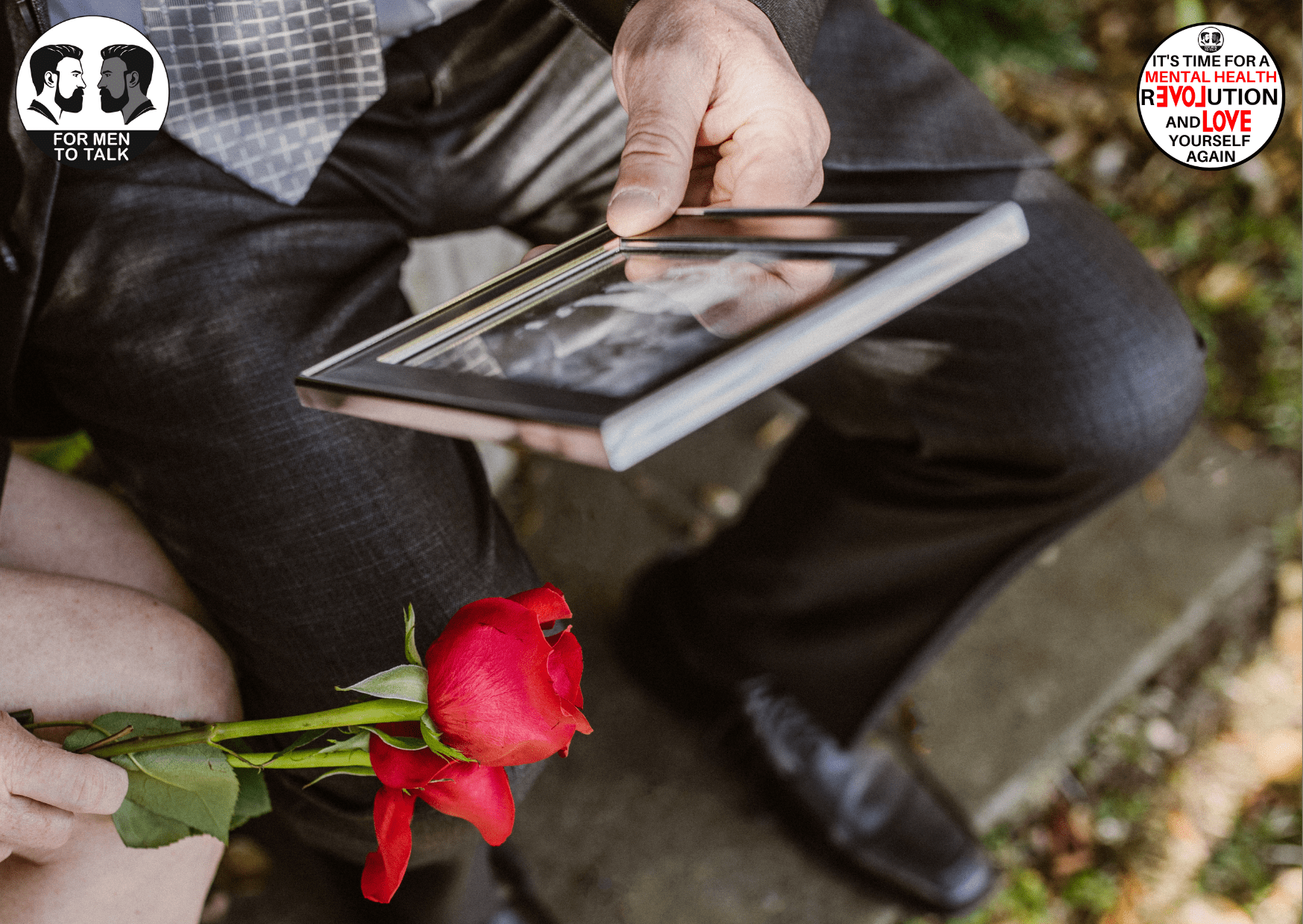Navigating grief: The difficult journey for men

Grief is a universal human experience that transcends cultural and gender boundaries. However, men often face unique challenges and societal expectations that can make the grieving process even more difficult and painful. This blog delves into the complexities of grief among men, shedding light on the obstacles they encounter and suggesting ways to cope with loss and heal.
Societal Expectations and Emotional Suppression
Traditional gender norms often discourage men from openly expressing their emotions, particularly when it comes to grief. Boys are raised with the notion that showing vulnerability is a sign of weakness, leading them to internalise their feelings and avoid seeking support when faced with loss. This emotional suppression can impede the natural grieving process, prolonging pain and making it challenging to heal.
Isolation and Loneliness
Men may also face isolation and loneliness during times of grief. The stigma surrounding men’s emotions can cause friends and family to be hesitant in offering support, assuming that men prefer dealing with their feelings alone. Consequently, grieving men may find themselves without the necessary support networks that could help them navigate through their pain.
Coping Mechanisms and Unhealthy Habits
Due to the struggle in expressing their emotions, some men may turn to unhealthy coping mechanisms to numb their grief. Substance abuse, excessive working hours and engaging in risky behaviours are common ways men attempt to escape their pain. Unfortunately, these methods only provide temporary relief and may lead to further complications in the long run.
Breaking the Silence: Encouraging Communication
To foster a healthier grieving process, it is essential to break the silence surrounding men’s emotions. Encouraging open communication about grief, loss and emotional struggles is crucial. Society should normalise the idea that it’s okay for men to express vulnerability and seek help when they need it.
Support Networks and Therapy
Building strong support networks is vital for men going through the grieving process. Friends, family or support groups, such as ‘For Men To Talk’ can offer understanding and companionship during these difficult times. Additionally, seeking professional therapy can provide an unbiased space for men to process their emotions and develop effective coping strategies.
Promoting Mental Health Awareness
Promoting mental health awareness across all genders is crucial in helping men navigate their grief effectively. Educating society about the importance of addressing emotional well-being and debunking harmful stereotypes surrounding men’s emotions will pave the way for a more empathetic and supportive environment.
Encouraging Self-Care and Healthy Outlets
Men should be encouraged to prioritise self-care and engage in healthy outlets for their emotions. Physical activities, such as exercise and sports, can be beneficial in releasing pent-up emotions and improving overall well-being. Journaling or creative expressions can also provide an outlet for emotional release and self-reflection.
Conclusion
Grief is an unavoidable part of life, and men face unique challenges when dealing with this painful process. The expectations to suppress emotions and conform to traditional gender roles can create barriers to healing. However, by breaking the silence, promoting open communication and fostering supportive environments, men can be better equipped to navigate their grief and find solace in their journey of healing. Embracing emotional vulnerability and seeking help when needed will contribute to a healthier society where everyone can grieve and heal without judgment or stigma.